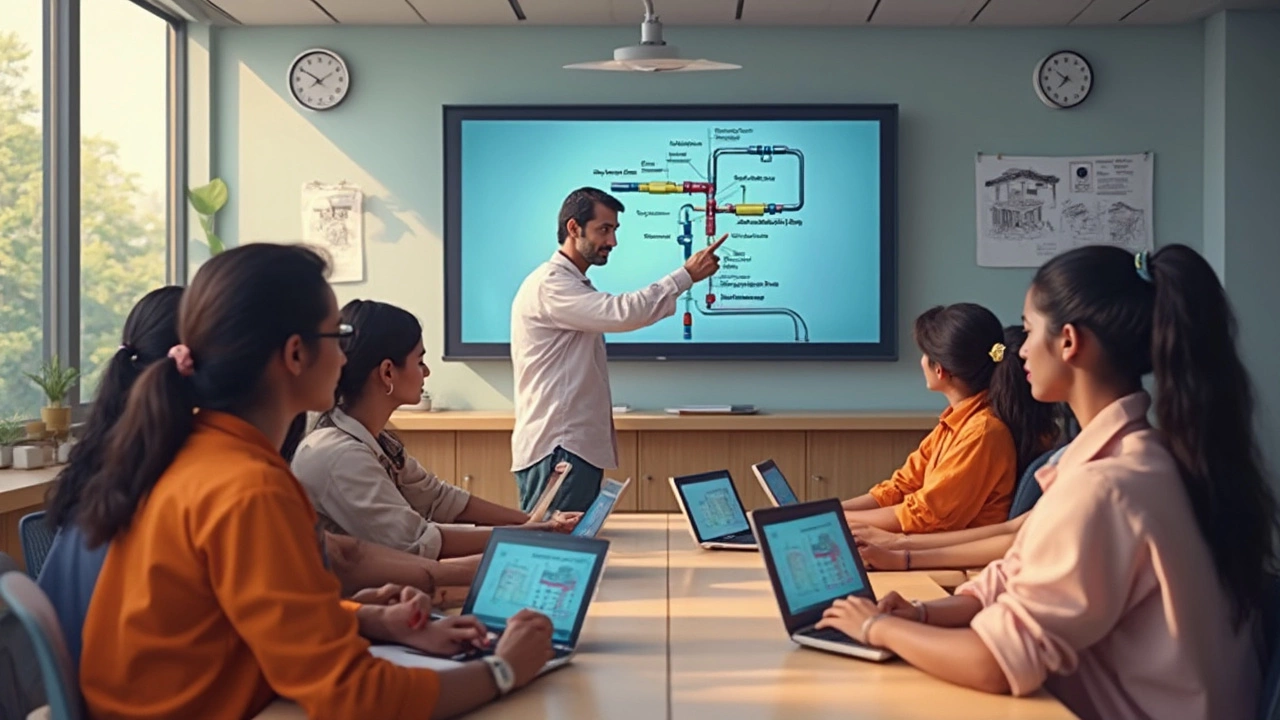Easy Plumbing Training: Your Shortcut to a Real Job
If you want a solid job without years of theory, plumbing is a great choice. The good news is you don’t need a fancy degree – just the right training. Below we break down the quickest ways to start learning, the cheapest courses, and the certifications that matter to employers.
Pick the Right Course for Your Goal
There are three main routes: community‑college classes, private plumbing schools, and on‑the‑job apprenticeships. Community colleges usually charge less and give you a certificate in 6‑12 months. Private schools often promise “fast‑track” programs that last 8‑10 weeks, but they can cost more. Apprenticeships let you earn while you learn, and many states require you to log a set number of hours before you can sit for the journeyman exam.
For a true “easy” path, look for courses that mix classroom time with hands‑on labs. A good mix helps you remember pipe sizes, fittings, and safety rules. If you can find a program that partners with local plumbing firms, you’ll get real‑world practice and a possible job offer at the end.
Essential Skills You’ll Master Quickly
In the first month you’ll learn how to read simple blueprints, measure and cut pipe, and use basic tools like pipe wrenches and pipe benders. The next few weeks focus on installing fixtures, connecting water lines, and testing for leaks. Most easy‑training programs also cover basic safety, such as wearing gloves, goggles, and knowing how to shut off water supplies.
Don’t forget the paperwork. Learning to fill out a work order, understand local codes, and keep a tidy job site are skills that employers notice right away. Many short courses include a module on customer service, because good communication can land you repeat business.When you finish, you’ll be ready to take the state certification exam. The exam usually has a written part on codes and a practical part where you demonstrate pipe fitting. Passing gives you a journeyman‑level license in most states, which opens doors to higher‑pay jobs.
Lastly, keep learning. Plumbing technology evolves with new materials like PEX and copper‑clad pipes. A quick online refresher or a weekend workshop can keep your skills sharp and your rates competitive.
So, if you’re looking for an easy entry into a well‑paid trade, start by researching local schools, compare tuition, and ask about apprenticeship partnerships. With the right course, you’ll be on the job in a few months, earning while you master the craft.

Looking at tech courses for plumbers but don't know what's easy to start with? This guide breaks down the simplest entry point for beginners, what to expect, and tips to help you pass. You'll learn why plumbing tech courses are less intimidating than they sound, what skills will help you, and how to choose the right program for your goals. If you want to launch a trade career with smart course choices, this is for you.
Continue Reading





